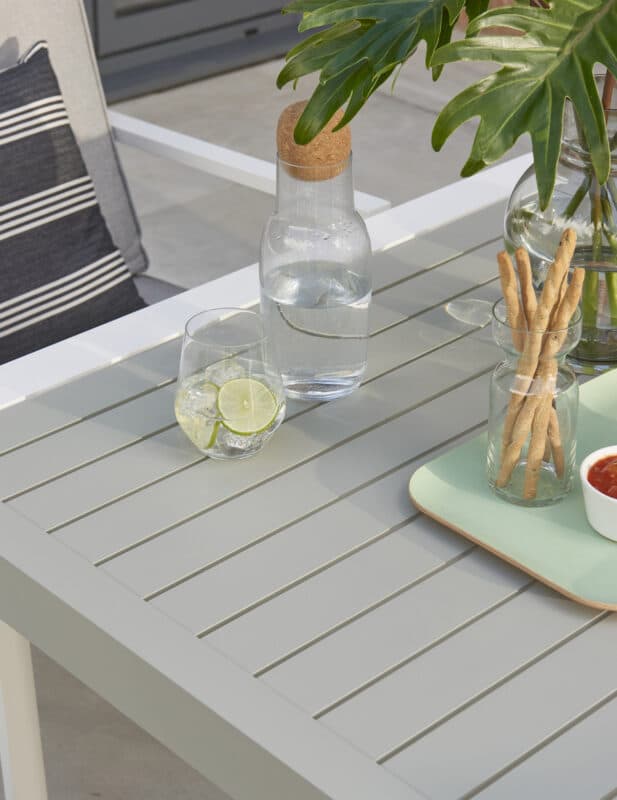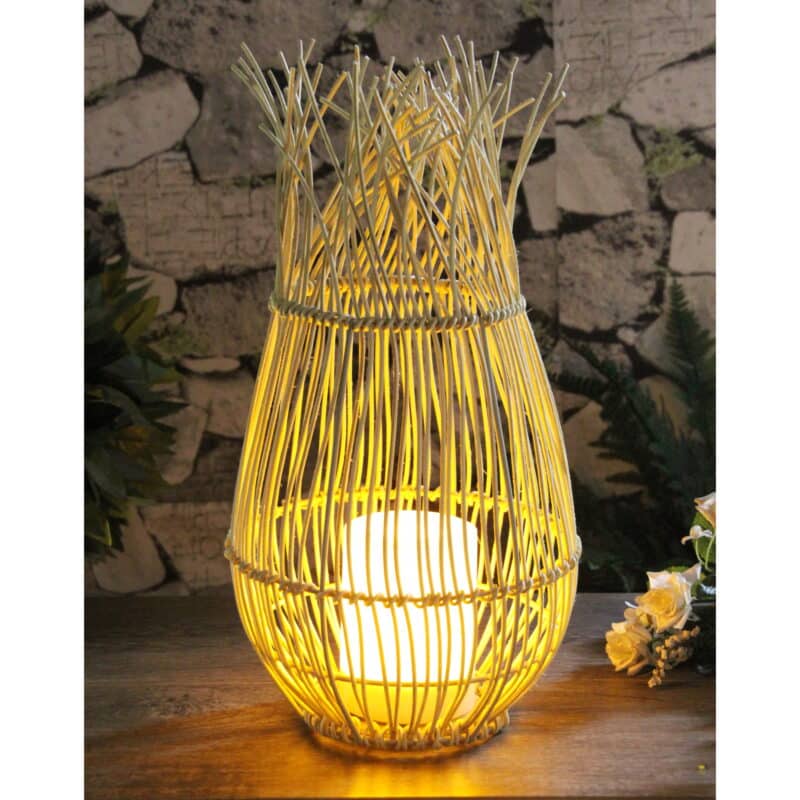Garden Leisure
About outdoor and solar garden light IP quality ratings
Take everything you thought you knew about garden solar lights – then forget it! The latest breed of solar garden lanterns come with powerful batteries, top quality solar panels, and hours and hours of lovely light, all without spending a penny on electricity. Some can be also charged via USB if you like. And all the best models, solar or otherwise, come with a handy IP quality rating.
So what, exactly, is an IP rating and why does it matter? Read on to find out.

Solar garden light IP ratings – Explained
Today’s LED tech is more versatile and powerful than ever before. IP ratings describe the IP or ‘Ingress Protection’ level of a design, in other words how efficient the sealing and waterproofing is, revealing exactly how how much protection the light provides against water, dirt and dust.
The ‘IP’ bit is followed by two numbers. The first number tells you the level of protection you get from all sorts of common solid objects, the second describes how good the lamp is at repelling various sorts of moisture. The higher the numbers, the better the protection.
Garden lights need a rating of at least IP43, which means the product is protected against light rain and ‘sprayed’ water like heavy rain. Higher ratings offer more protection, important when the light will be sited in a place where there’s little or no protection from the weather. Simple things like walls, trees and rooves offer a surprising amount of valuable protection against the worst of the weather and other threats.
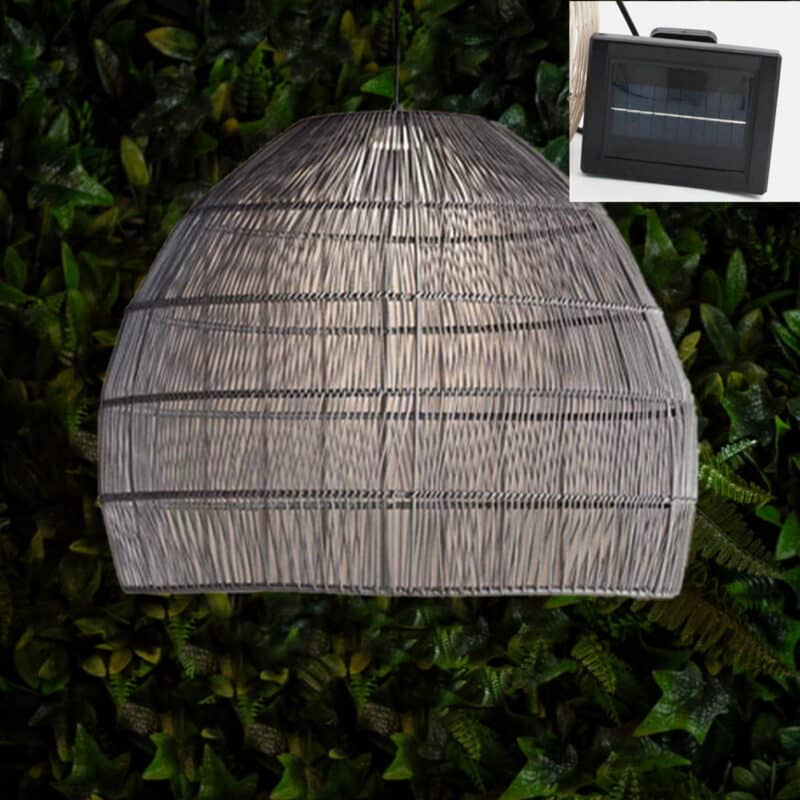
IP Ratings for solid materials that may damage the light
- X or 0 mean there’s either no protection or the product hasn’t been tested
- 1 offers protection against a large part of the body but not from deliberate interference, plus protection against solid objects whose diameter is more than 5cm
- 2 protects against fingers or other objects and tools bigger than 8cm long and 1.2cm diameter
- 3 protects against tools, wires and and other items with a diameter or thickness more than 1mm
- 4 protects against solid objects with a diameter or thickness over 1mm
- 5 protects against the amount of dust that can interfere with the way the product works
- 6 means completely dust-tight
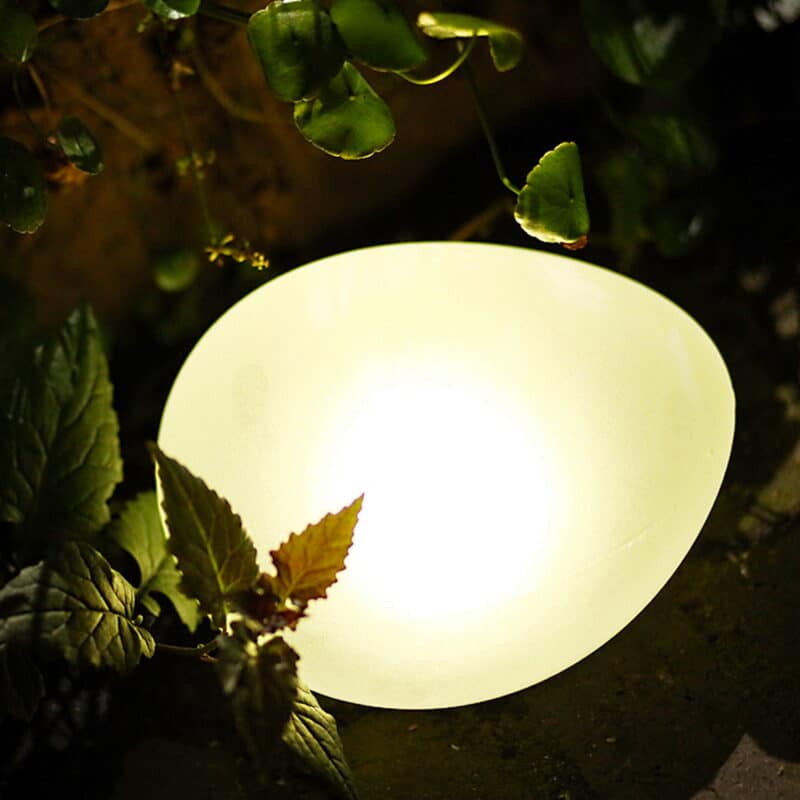
IP Ratings for damage from liquids
- X or 0 means there’s no protection or the product hasn’t been tested
- 1 protects against dripping water and condensation
- 2 protects against vertically dripping water
- 3 protects against sprayed water like rain
- 4 protects against splashed water
- 5 protects against projected water, for example a nozzle or hose
- 6 protects against strong jets of water and heavy seas
- 7 protects the product against immersion
- 8 protects against long-term and total submersion underwater
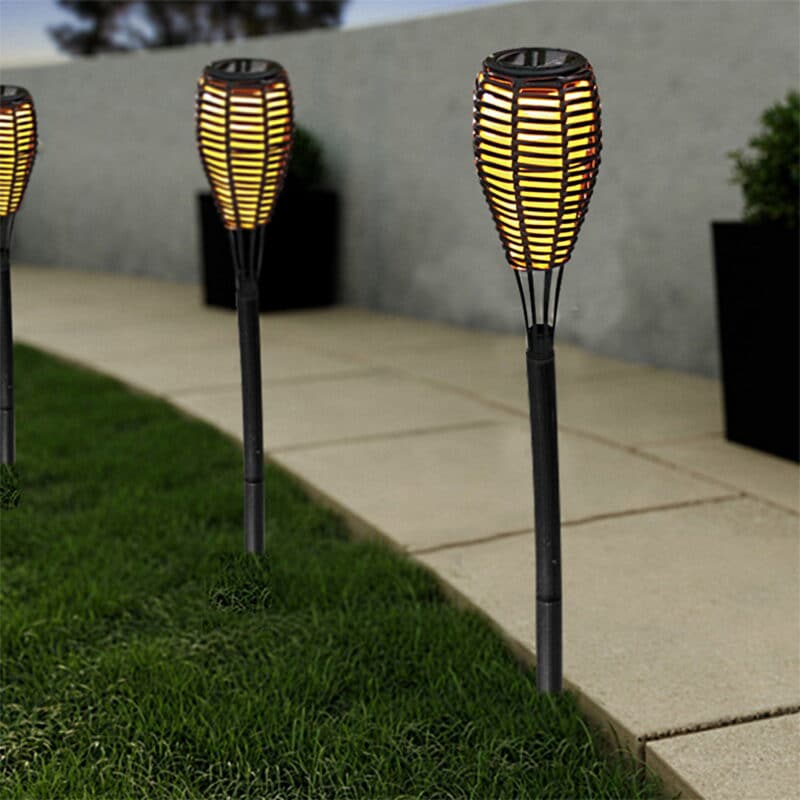
It’s unlikely you’ll ever find a garden light with an IP66 rating because the walls, fences, trees and plants will almost always provide the protection needed, and rain doesn’t tend to be anywhere near as wet as rough seas! IP4r or more is usually perfectly fine for everyday outdoor use and ordinary weather.


